Ever wondered what makes a great leader? Whether you’re climbing the corporate ladder, running your own business, or just looking to make a bigger impact in your personal life, leadership is the key to unlocking your full potential. Over the years, I’ve turned to books to help me understand and develop my leadership skills. From timeless classics to contemporary gems, here are the top 15 best books on leadership that have been game-changers for me and many others.
Why Leadership Books Matter
The Value of Continuous Learning
Leadership isn’t a destination; it’s a journey. Just like any other skill, it requires continuous learning and adaptation. One of my favorite quotes comes from Simon Sinek, who says, “Leadership is not about being in charge. It is about taking care of those in your charge.” This simple yet profound insight emphasizes the importance of empathy and ongoing growth.
Impact on Personal and Professional Growth
Effective leadership can transform not only your career but also your personal life. I remember when I first started reading leadership books, I was amazed at how much the principles I learned applied to my daily interactions. It’s incredible how a shift in mindset can lead to better relationships, increased productivity, and a more fulfilling life.
The Criteria for Selection
When selecting the top leadership books, I considered several factors:
- Relevance: Timeless and practical advice.
- Credibility: Respected authors and thought leaders.
- Diversity: A mix of classic and contemporary titles covering different aspects of leadership.
The Top 15 Best Books on Leadership
1. “Leaders Eat Last” by Simon Sinek
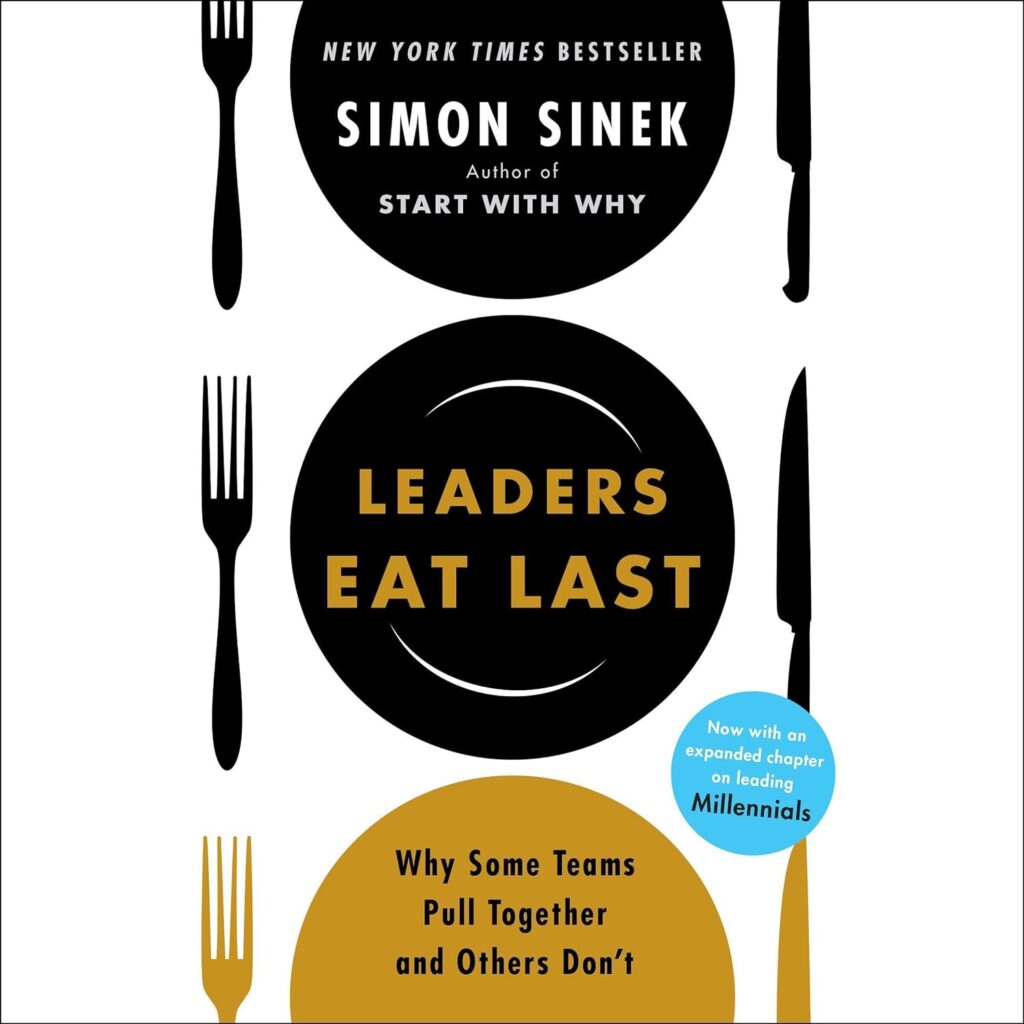
Overview: Simon Sinek’s book explores the concept of leadership where leaders prioritize the well-being of their team, creating trust and fostering a sense of security.
Key Takeaways: Sinek’s focus on empathy and building trust is a game-changer. I remember implementing his ideas in a team I was leading, and the results were astonishing. The team became more cohesive and motivated, which led to better performance.
2. “The Five Dysfunctions of a Team” by Patrick Lencioni
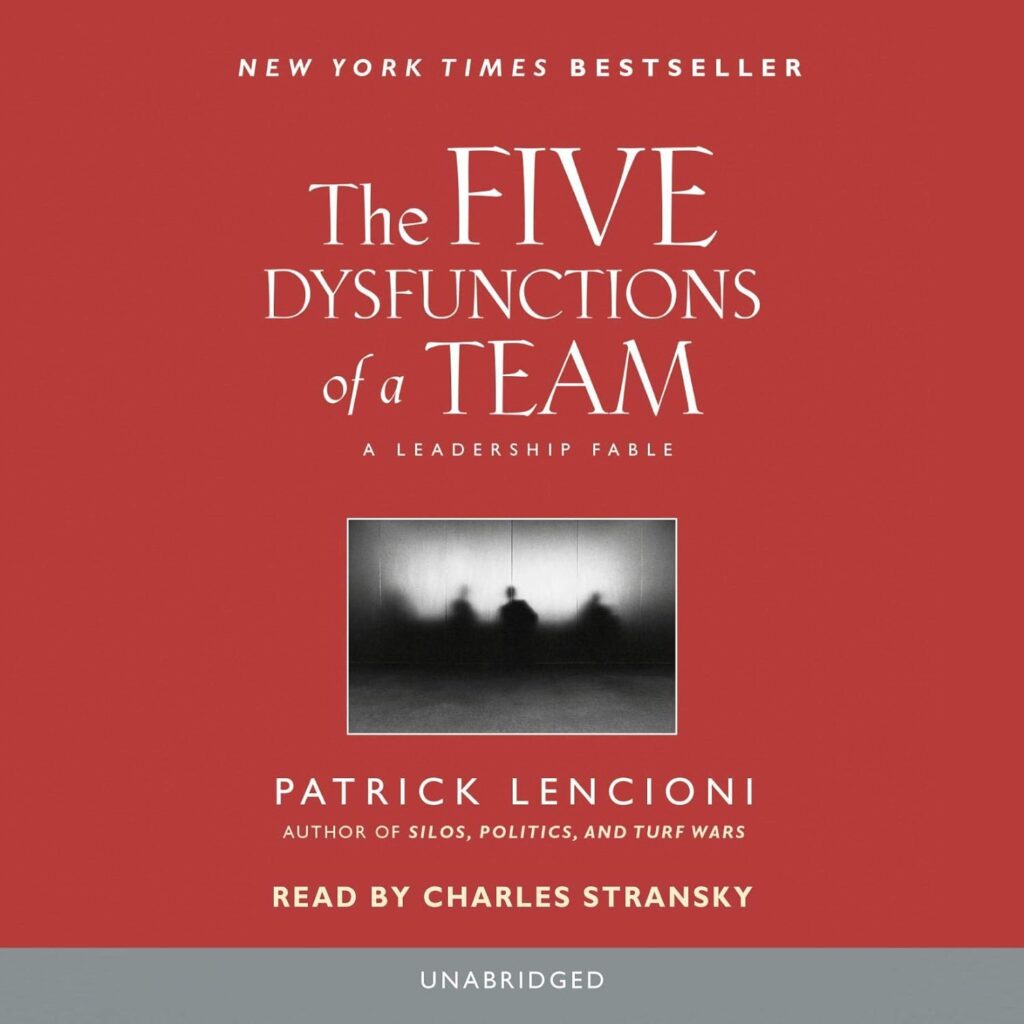
Overview: This leadership fable identifies five common issues that prevent teams from working effectively.
Key Takeaways: Lencioni’s framework helped me identify and address the dysfunctions within my team. By fostering trust and encouraging healthy conflict, we were able to improve our collaboration and results significantly.
3. “Dare to Lead” by Brené Brown
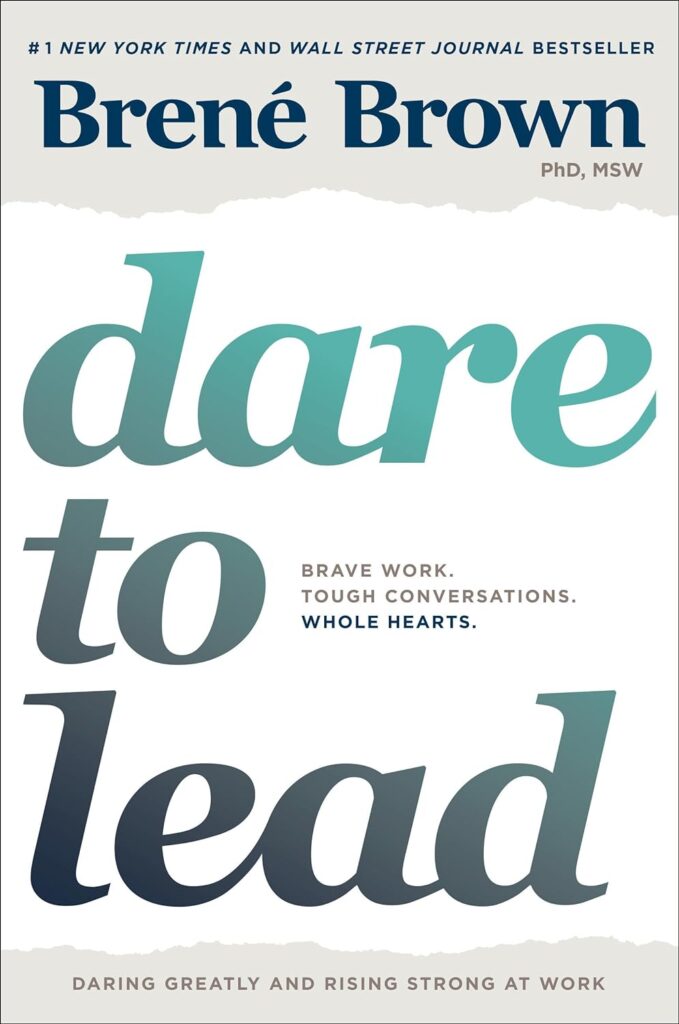
Overview: Brené Brown focuses on the power of vulnerability and courage in leadership.
Key Takeaways: Embracing vulnerability was a tough lesson for me, but Brown’s insights made it clear that it’s essential for building trust. Having tough conversations became easier and more productive.
4. “Start with Why” by Simon Sinek
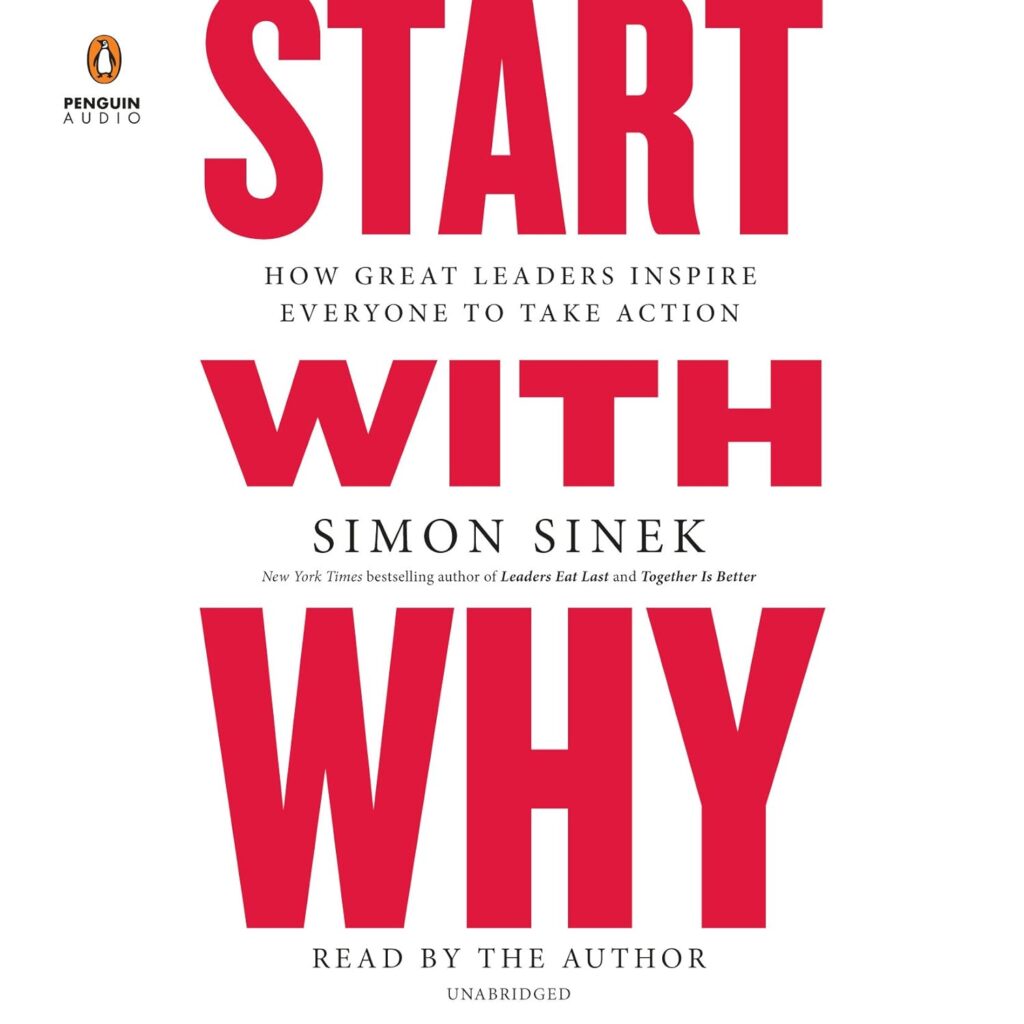
Overview: Sinek discusses how great leaders inspire others by focusing on the ‘why’ behind their actions and decisions.
Key Takeaways: Understanding and communicating my ‘why’ transformed the way I led my team. It gave us a sense of purpose and direction that was incredibly motivating.
5. “Good to Great” by Jim Collins
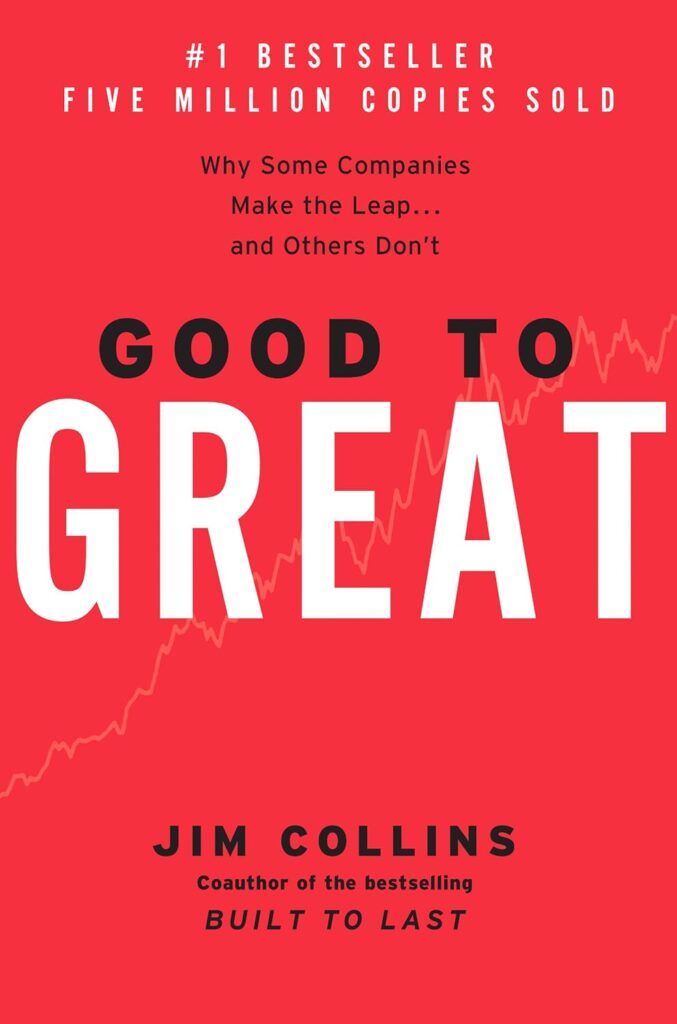
Overview: Collins analyzes what makes companies transition from good to great and identifies key leadership principles.
Key Takeaways: Concepts like Level 5 Leadership and the Flywheel Effect provided a roadmap for making incremental improvements that led to significant, sustainable success.
6. “Leadershift: The 11 Essential Changes Every Leader Must Embrace” by John C. Maxwell
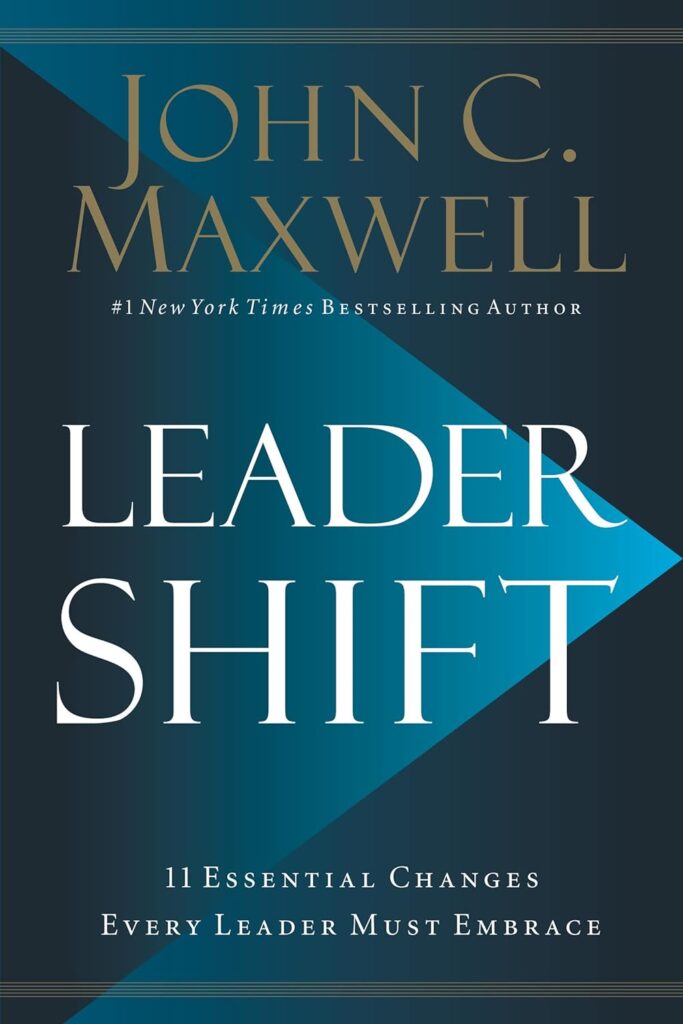
Overview: Maxwell discusses the importance of adaptability and continuous growth in leadership.
Key Takeaways: The eleven shifts Maxwell outlines are essential for staying relevant and effective. This book helped me navigate several significant changes in my career with confidence.
7. “Drive: The Surprising Truth About What Motivates Us” by Daniel H. Pink
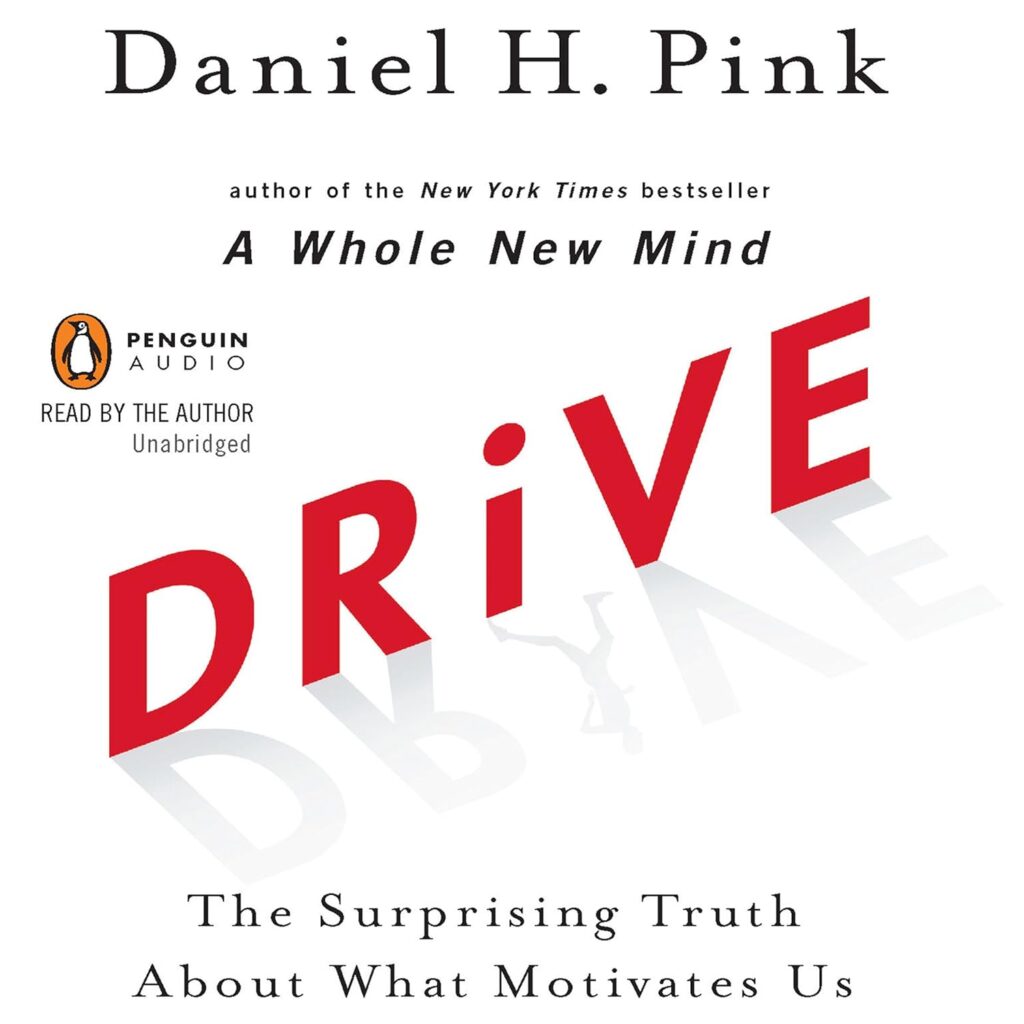
Overview: Pink explores the science of motivation and its implications for leadership.
Key Takeaways: Autonomy, mastery, and purpose are crucial for motivating teams. Implementing these principles has led to higher engagement and productivity in my projects.
8. “Radical Candor: Be a Kick-Ass Boss Without Losing Your Humanity” by Kim Scott
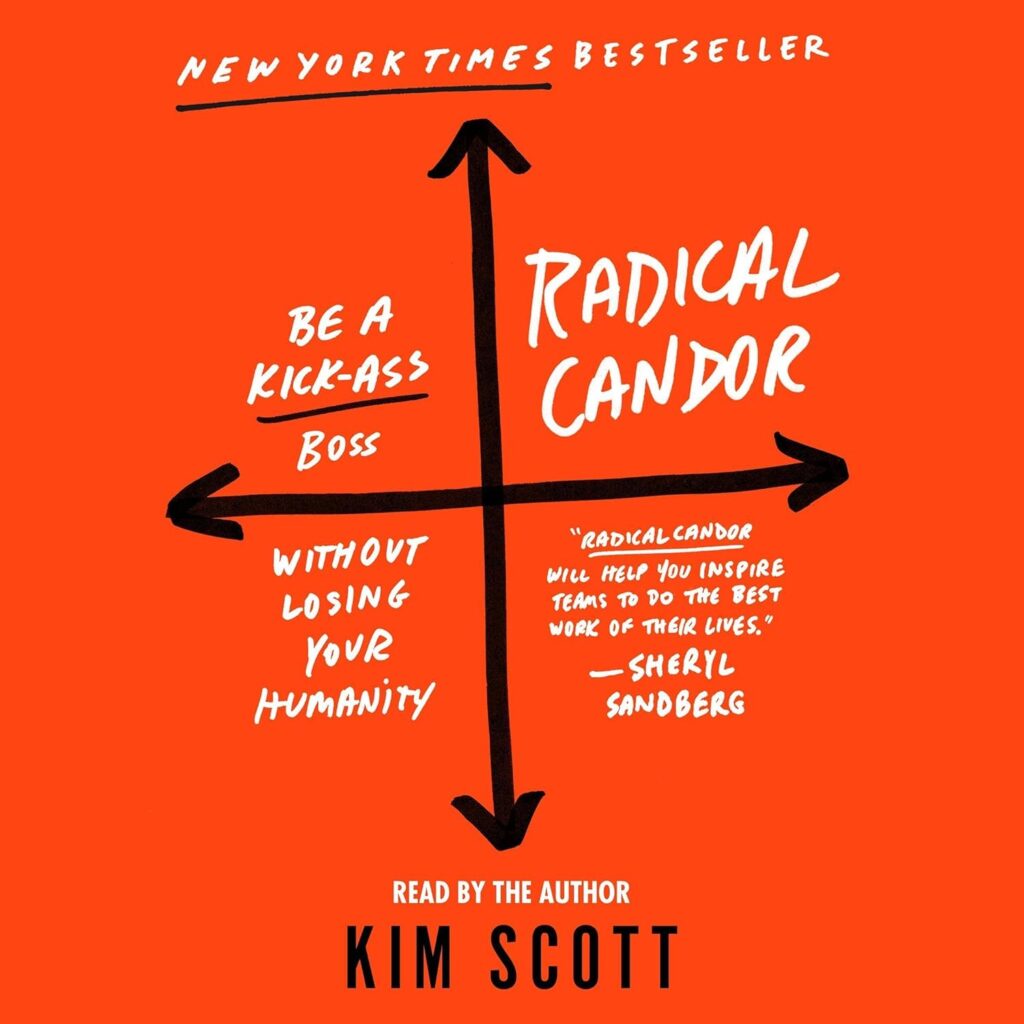
Overview: Scott provides a framework for giving feedback that is both direct and caring.
Key Takeaways: Balancing directness with care has improved my relationships with my team. We have more honest and productive discussions, leading to better outcomes.
9. “Extreme Ownership: How U.S. Navy SEALs Lead and Win” by Jocko Willink and Leif Babin
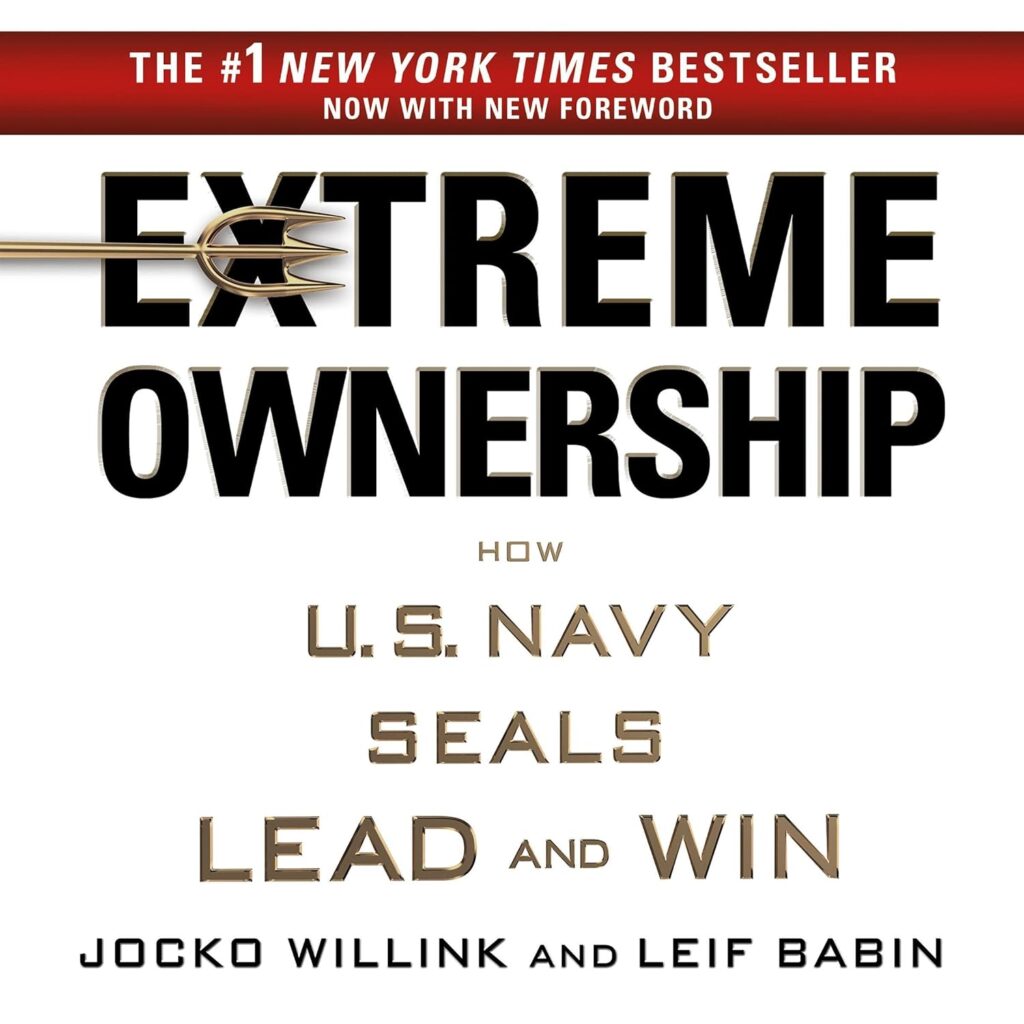
Overview: Insights from Navy SEALs on leadership and taking responsibility.
Key Takeaways: The principle of extreme ownership, where you take full responsibility for your team’s outcomes, has been transformative. It’s empowered me to lead with accountability and integrity.
10. “The Leadership Challenge: How to Make Extraordinary Things Happen in Organizations” by James M. Kouzes and Barry Z. Posner
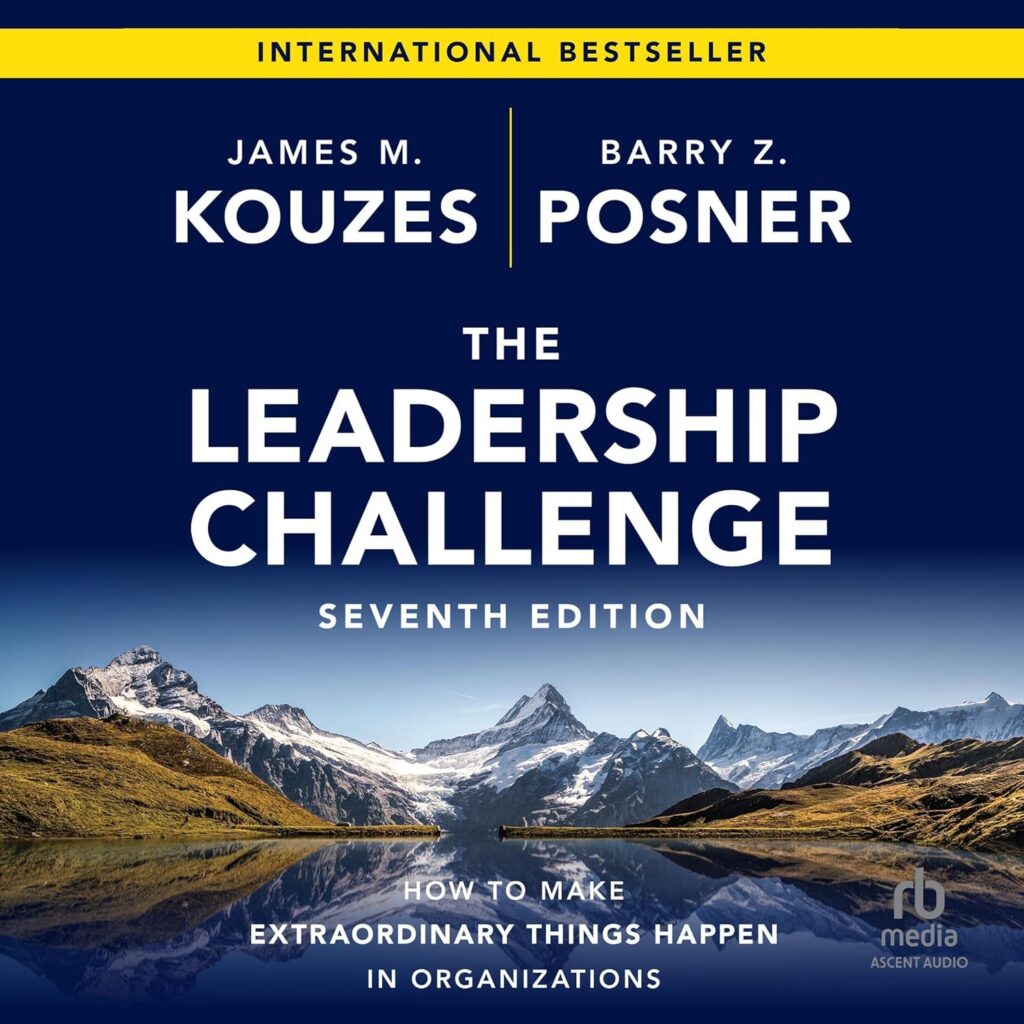
Overview: This book provides a framework for leaders to achieve extraordinary results.
Key Takeaways: The Five Practices of Exemplary Leadership—Model the Way, Inspire a Shared Vision, Challenge the Process, Enable Others to Act, and Encourage the Heart—have been instrumental in guiding my leadership style.
11. “Tribes: We Need You to Lead Us” by Seth Godin
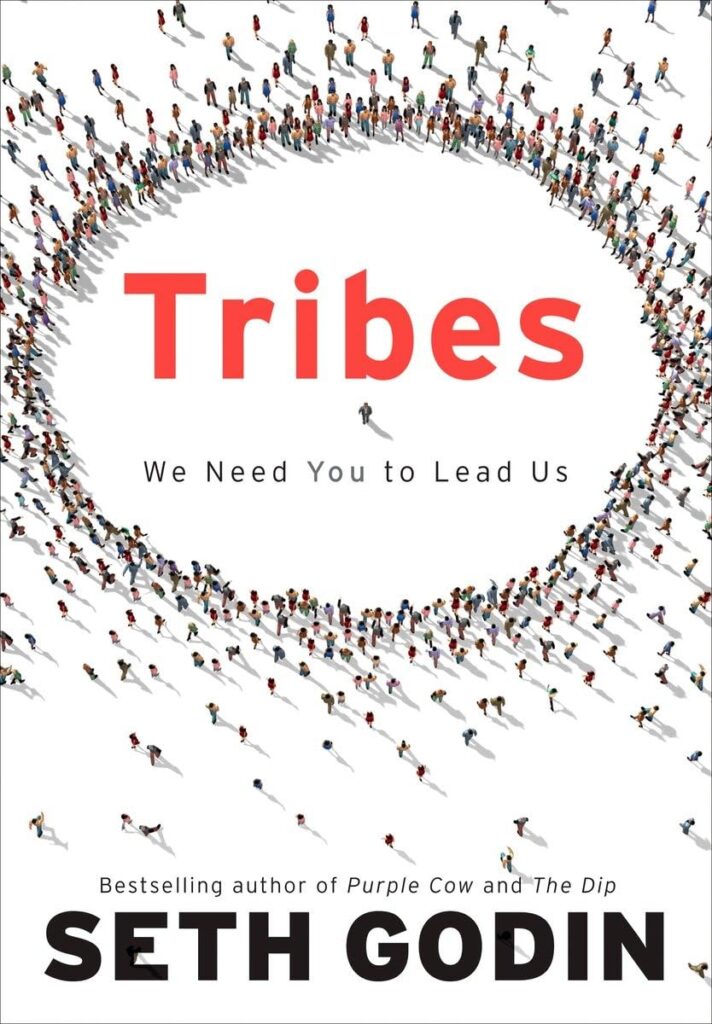
Overview: Godin explores the idea of tribes and how leaders can create movements.
Key Takeaways: The power of passion and connection in leadership is immense. Leading with purpose and creating a sense of belonging has been key to building a loyal and motivated team.
12. “Multipliers: How the Best Leaders Make Everyone Smarter” by Liz Wiseman
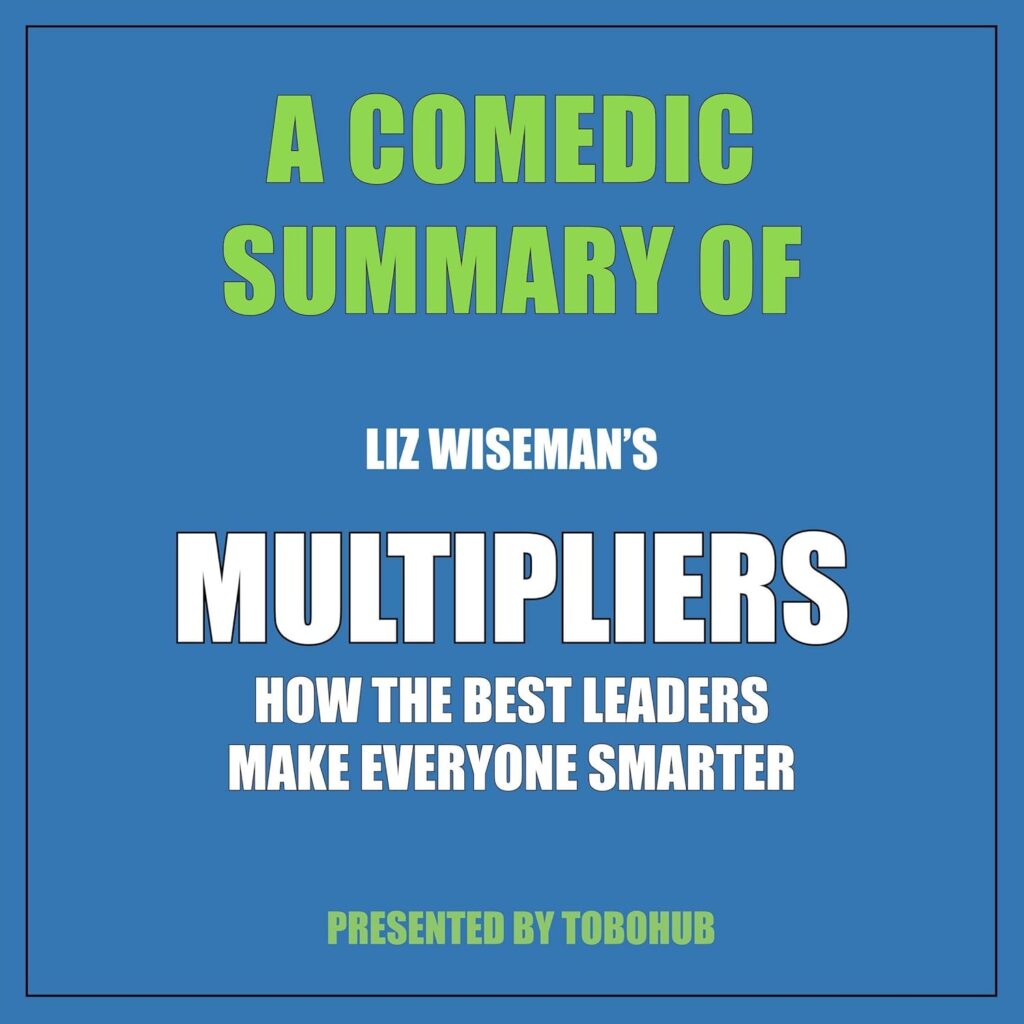
Overview: Wiseman examines how leaders can amplify the intelligence and capabilities of their team.
Key Takeaways: Being a Multiplier, rather than a Diminisher, has helped me unlock the potential of my team. It’s about empowering others to excel, which leads to collective success.
13. “The Art of War” by Sun Tzu
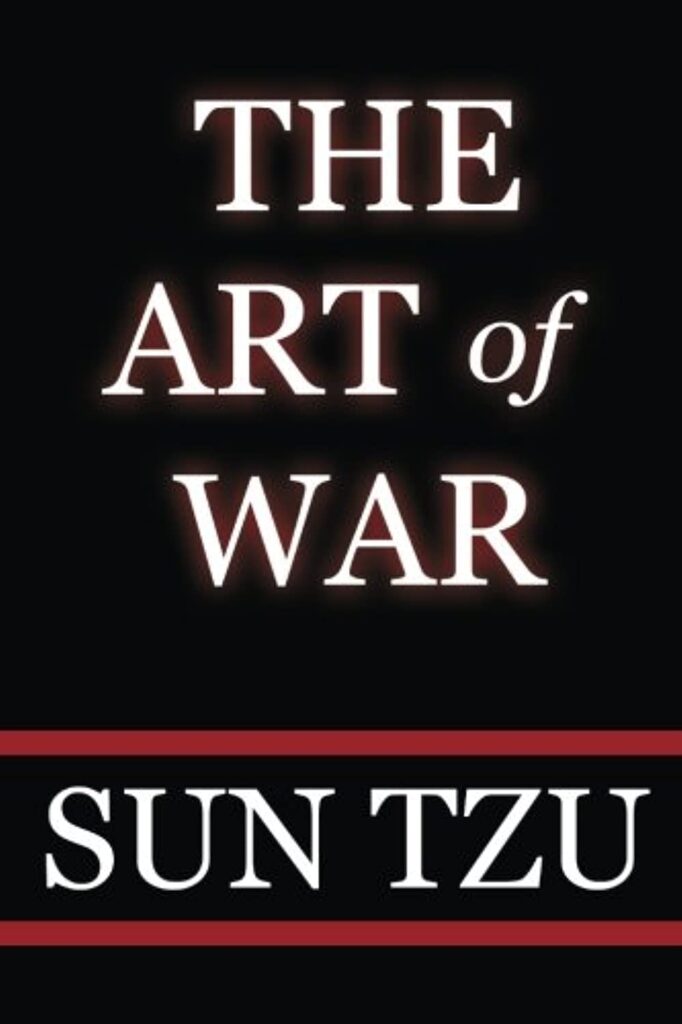
Overview: An ancient Chinese military treatise offering timeless wisdom on strategy and leadership.
Key Takeaways: Strategic thinking and adaptability are crucial. Sun Tzu’s insights have helped me approach challenges with a strategic mindset, leading to better decision-making.
14. “Team of Rivals: The Political Genius of Abraham Lincoln” by Doris Kearns Goodwin
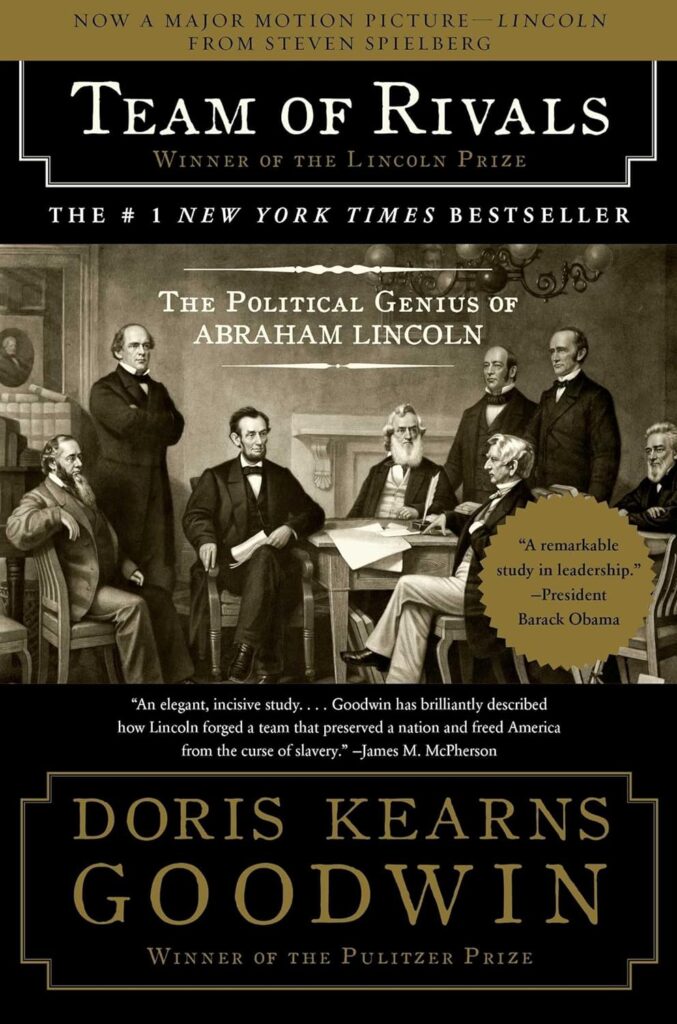
Overview: A biography of Abraham Lincoln focusing on his leadership style and his ability to unite a team of rivals.
Key Takeaways: Lincoln’s emotional intelligence and ability to collaborate with diverse perspectives have been inspirational. It’s taught me the value of empathy and inclusion in leadership.
15. “Leading Change” by John P. Kotter
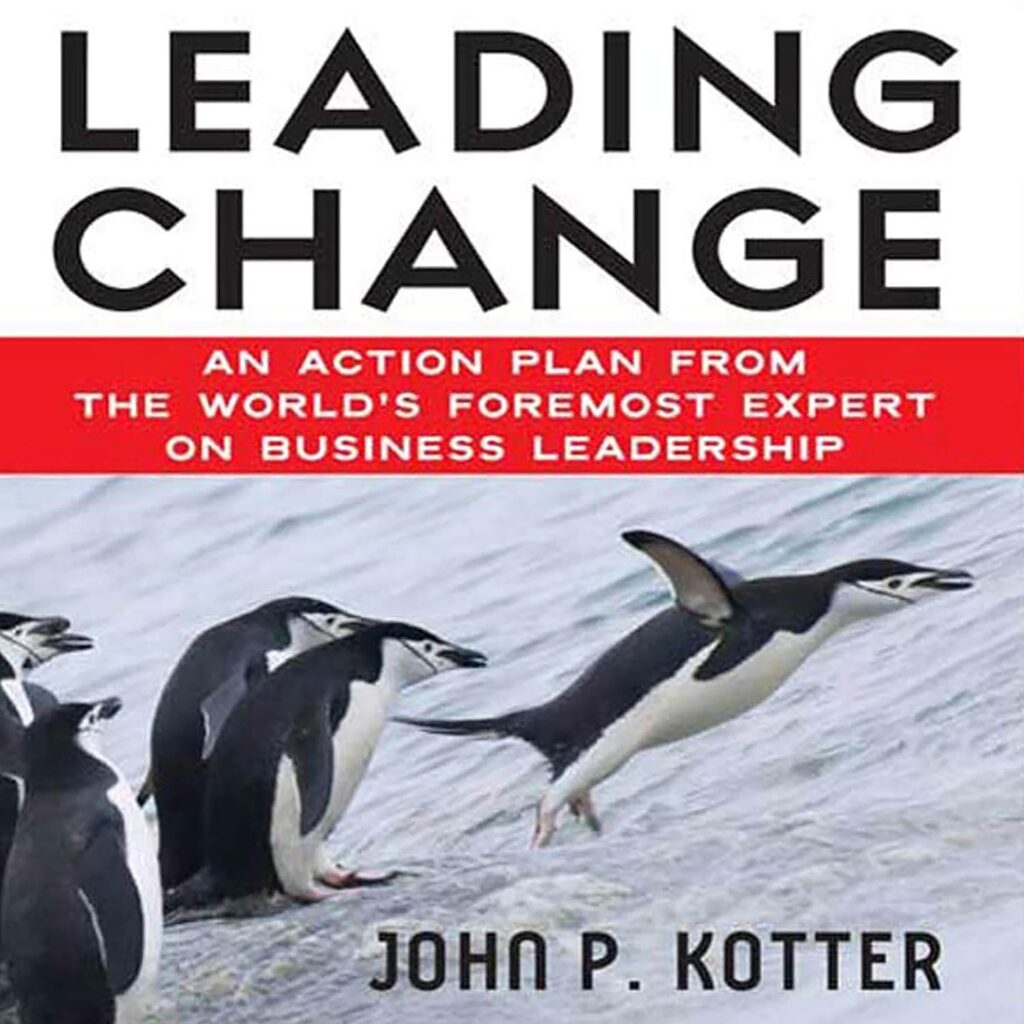
Overview: A guide to leading organizational change effectively.
Key Takeaways: Kotter’s Eight-Stage Process of Creating Major Change has been a roadmap for successfully navigating transitions. It emphasizes the importance of vision, communication, and empowering others.
How to Get the Most Out of These Books
Active Reading Tips
To truly benefit from these leadership books, active reading is essential. Here are some tips:
- Note-taking: Highlight key points and jot down your thoughts.
- Reflecting: Take time to reflect on how the principles apply to your life.
- Applying Concepts: Implement the strategies in your personal and professional life.
Discussion and Community
One of the best ways to deepen your understanding is through discussion:
- Join Book Clubs: Participate in book clubs focused on leadership.
- Online Forums: Engage in online communities where you can share insights and learn from others.
Continual Learning
Leadership is a lifelong journey:
- Keep Exploring: Don’t stop with these 15 books. Continue to seek out new perspectives and insights.
- Attend Workshops and Seminars: Participate in leadership workshops and seminars to stay updated and inspired.
Conclusion
Great leadership can transform your life, and these 15 books are a fantastic starting point. From fostering trust and empathy to embracing vulnerability and taking ownership, these books offer invaluable lessons that can help you become a more effective leader. So, pick up one of these titles, dive in, and start your journey towards unlocking your full potential. Happy reading!
